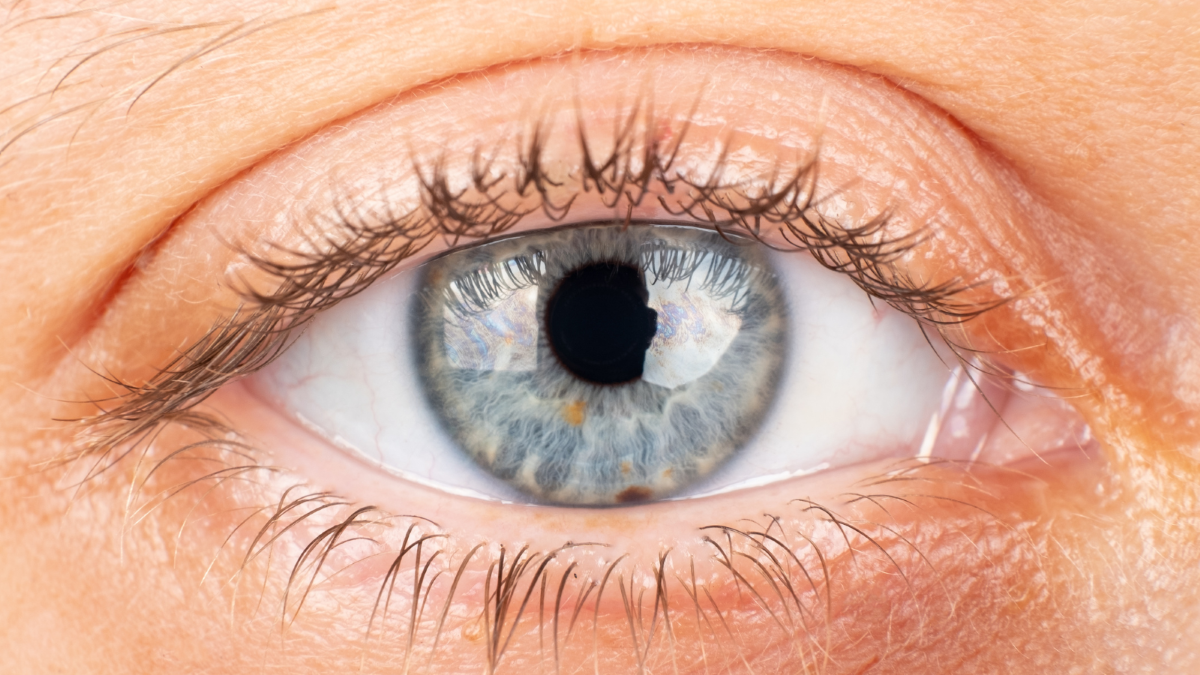Corneal Conditions
 The cornea is the transparent layer forming the front of the eye. A healthy cornea can be affected by disease, infection or trauma, leading to the need for specialist treatment.
The cornea is the transparent layer forming the front of the eye. A healthy cornea can be affected by disease, infection or trauma, leading to the need for specialist treatment.
There are several conditions that affect the cornea:
-
Injuries: Corneal abrasions and injuries often need urgent treatment at Eye Casualty departments.
-
Corneal dystrophies: A group of genetic diseases can lead to sight loss.
-
Corneal infections: Caused by the presence of bacteria.
Our Corneal Research
 Our corneal research at the University of Southampton is led by Professor Parwez Hossain, within the Faculty of Medicine at the University of Southampton. He is also a Consultant Ophthalmic Surgeon at University Hospital Southampton. As a clinical scientist, he focuses on cornea and ocular surface diseases.
Our corneal research at the University of Southampton is led by Professor Parwez Hossain, within the Faculty of Medicine at the University of Southampton. He is also a Consultant Ophthalmic Surgeon at University Hospital Southampton. As a clinical scientist, he focuses on cornea and ocular surface diseases.
Corneal transplantation is one of the most successful operations to restore eyesight. However, the global shortage of donated corneas remains a significant challenge. One aspect of research aims to provide quicker diagnosis and improved treatments to help restore vision in patients.
Corneal Research Highlights
The Laser
Our research focuses on using ophthalmic lasers to enhance the availability of corneal tissue for transplantation.
In collaboration with the world-leading optoelectronic research centre at the University of Southampton, we are working on developing a new type of laser, operating at a longer wavelength of infrared light, which is less damaging to the tissue. This would allow a us to take a single eye donation and slice the corneal tissue into different layers, or segments, enabling multiple recipients to benefit from a single cornea.
The Microchip
 Corneal infections are a major cause of blindness worldwide. Early detection is crucial, but infections are difficult to diagnose and are often not identified quickly or correctly.
Corneal infections are a major cause of blindness worldwide. Early detection is crucial, but infections are difficult to diagnose and are often not identified quickly or correctly.
Clinicians and engineers at the University of Southampton are developing a microchip to detect sight-threatening eye infections within minutes, rather than days or weeks. The microchip will be designed to measure the electrical properties of single bacteria as they pass between tiny electrodes, identifying infections instantly.
Eye Tissue Shortage - a major concern
Our researchers are looking at ways to help combat the national shortage of eye donors for corneal transplants.
- 6000 people are currently waiting for a donated cornea to save their sight
- 59% have been waiting more than 18 months due to desperate lack of supply.
 One study outcome is to launch a campaign to encourage everyone in the UK to join the National Organ Donor Register, agreeing to tissue donation.
One study outcome is to launch a campaign to encourage everyone in the UK to join the National Organ Donor Register, agreeing to tissue donation.
You can help! Please join the National Organ Donor Register and donate your eye tissue after death. Please share your wishes with your loved ones and encourage them to register too.
How you can help corneal eye research
You can support corneal eye research by donating to Gift of Sight and selecting ‘Corneal’ from the dropdown menu. We also welcome fundraising events and activities and would be delighted to support your efforts. Please contact Ailsa or Jennie at Gift of Sight for any enquiries.
